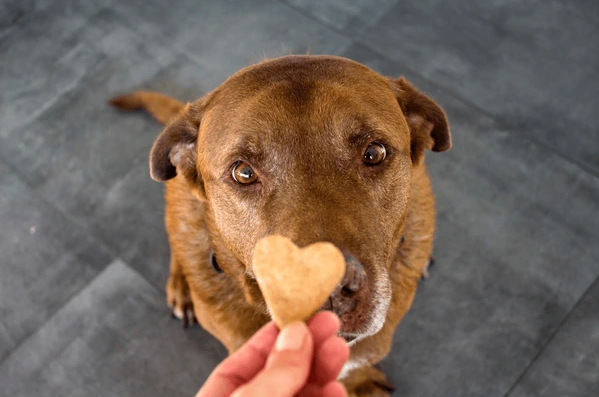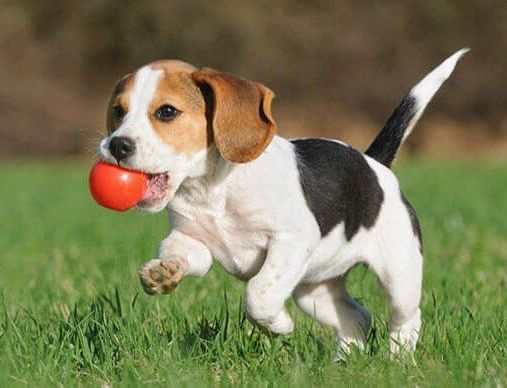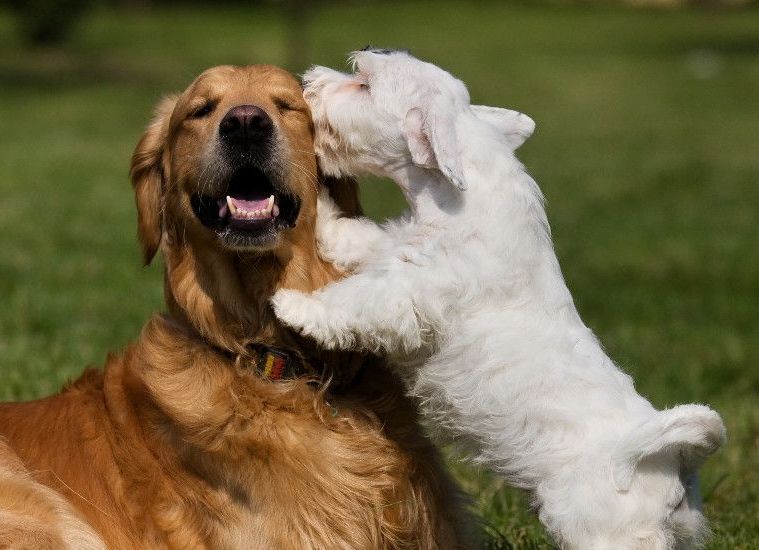Different Motivators for Corpus Christi Dog Training
Tangible Incentives in Dog Training Corpus Christi
Understanding what motivates your pet is key to successful training. Dogs, like humans, have different preferences and motivations. Some are driven by food, while others may be more inclined towards play or affection. Recognizing these motivations can significantly impact training outcomes and build a stronger bond between the owner and their furry companion.
Among the most common motivators in dog training is food; treats act as powerful incentives for certain pets to learn new commands or tricks. High-value treats such as small pieces of cooked chicken, cheese, or freeze-dried liver should be incorporated at the beginning of learning new tricks and when training particularly challenging ones. Dogs have a strong sense of smell and are easily enticed by the aroma of these delicious rewards. Using treats strategically, especially during the initial stages of training, reinforces positive behavior and encourages your pet to repeat the desired actions.
However, not all dogs are solely food-driven; some are more inclined towards play and toys. For these pups, a favorite squeaky toy, a fetching ball, or a tug-of-war rope might serve as the ultimate reward. Utilizing these toys during training sessions can be highly effective: for instance, teaching them to sit and wait before releasing a toy, chasing a ball, or engaging in play can reinforce obedience and control.
Speak With A Dog
Training Expert
Speak With A Dog Training Expert
Thank you for contacting us!
We will contact you shortly!
Please try again later.
Tangible Incentives in Dog Training Corpus Christi
Understanding what motivates your pet is key to successful training. Dogs, like humans, have different preferences and motivations. Some are driven by food, while others may be more inclined towards play or affection. Recognizing these motivations can significantly impact training outcomes and build a stronger bond between the owner and their furry companion.
Among the most common motivators in dog training is food; treats act as powerful incentives for certain pets to learn new commands or tricks. High-value treats such as small pieces of cooked chicken, cheese, or freeze-dried liver should be incorporated at the beginning of learning
new tricks and when training particularly challenging ones. Dogs have a strong sense of smell and are easily enticed by the aroma of these delicious rewards. Using treats strategically, especially during the initial stages of training, reinforces positive behavior and encourages your pet to repeat the desired actions.
Speak With A Dog
Training Expert
Speak With A Dog Training Expert
Thank you for contacting us!
We will contact you shortly!
Please try again later.
However, not all dogs are solely food-driven; some are more inclined towards play and toys. For these pups, a favorite squeaky toy, a fetching ball, or a tug-of-war rope might serve as the ultimate reward. Utilizing these toys during training sessions can be highly effective: for instance, teaching them to sit and wait before releasing a toy, chasing a ball, or engaging in play can reinforce
obedience and control.
Other Motivators Recommended by a Dog Trainer
While treats and toys are tangible rewards, verbal praise and affection hold immense value for many dogs. A simple "good boy" and plenty of pets can be just as motivating as a treat and this type of positive reinforcement strengthens the emotional bond between you and your pet, fostering trust.
Some dogs are inherently social creatures and thrive on interactions with other dogs or humans. For these social butterflies, being allowed to greet other dogs or having playtime with fellow canines can serve as a strong motivator or reward. Group training sessions or visits to a dog park in their routine can be an effective way to utilize this motivation. Similarly, certain dogs are motivated by their surroundings. They might exhibit excitement or eagerness to explore new places or experience different environments. For these furry friends, going for a walk in a new park or engaging in training activities in various locations can be highly rewarding.
Other Motivators Recommended by a Dog Trainer
While treats and toys are tangible rewards, verbal praise and affection hold immense value for many dogs. A simple "good boy" and plenty of pets can be just as motivating as a treat and this type of positive reinforcement strengthens the emotional bond between you and your pet, fostering trust.
Some dogs are inherently social creatures and thrive on interactions with other dogs or humans. For these social butterflies, being allowed to greet other dogs or having playtime with fellow canines can serve as a strong motivator or reward. Group training sessions or visits to a dog park in their routine can be an effective way to utilize this motivation. Similarly, certain dogs are motivated by their surroundings. They might exhibit excitement or eagerness to explore new places or experience different environments. For these furry friends, going for a walk in a new park or engaging in training activities in various locations can be highly rewarding.
Instinctual drives, such as chasing, herding, or digging, can be powerful motivators. Breeds with specific instincts, like Border Collies driven by herding or Terriers compelled to dig, might find fulfillment and motivation when allowed to engage in these natural behaviors in a controlled and positive manner.
Understanding an individual dog’s motivation is crucial for effective training: observing their reactions to different rewards can help determine which incentives work best for yours! Additionally, using a combination of motivators, such as pairing treats with verbal praise can lend even more aid in training whether it's at home or with the help of a professional Corpus Christi dog trainer. It's essential to remember that positive reinforcement is key; punishment or negative reinforcement can lead to confusion and stress, ultimately hindering the training process. Successful training involves finding a balance between the different methods that work best for your pet and using them strategically.
Instinctual drives, such as chasing, herding, or digging, can be powerful motivators. Breeds with specific instincts, like Border Collies driven by herding or Terriers compelled to dig, might find fulfillment and motivation when allowed to engage in these natural behaviors in a controlled and positive manner.
Understanding an individual dog’s motivation is crucial for effective training: observing their reactions to different rewards can help determine which incentives work best for yours! Additionally, using a combination of motivators, such as pairing treats with verbal praise can lend even more aid in training whether it's at home or with the help of a professional Corpus Christi dog trainer. It's essential to remember that positive reinforcement is key; punishment or negative reinforcement can lead to confusion and stress, ultimately hindering the training process. Successful training involves finding a balance between the different methods that work best for your pet and using them strategically.



